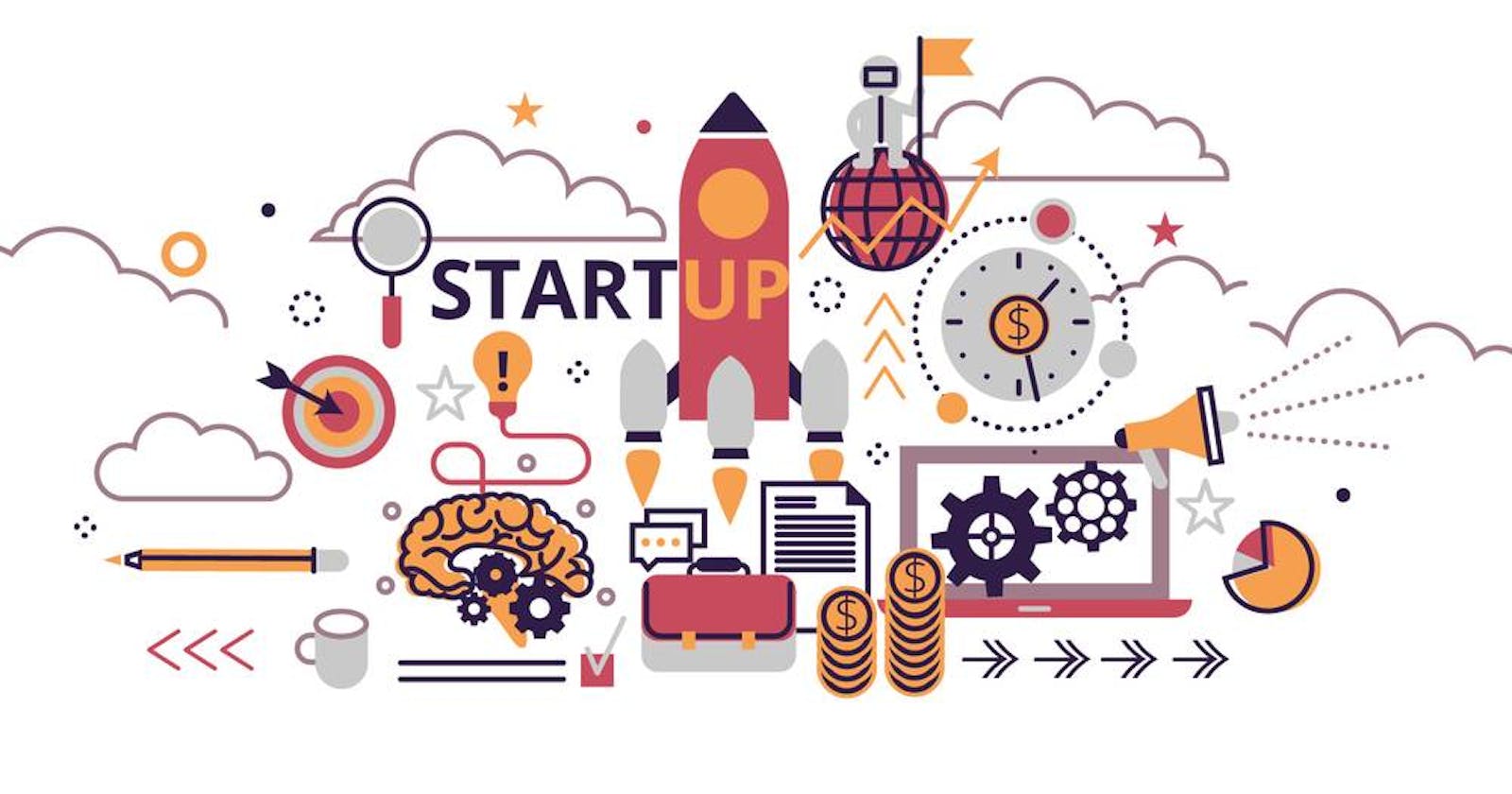Startups have emerged as a driving force in the global economy, fueling innovation, job creation, and economic growth. These dynamic and agile ventures are characterized by their entrepreneurial spirit, disruptive ideas, and potential for rapid scalability. This article provides an in-depth exploration of startups, examining their definition, key characteristics, stages of development, and their significant impact on various industries.
Defining Startups
1.1 Definition and Distinctions: Differentiating startups from traditional businesses and understanding the unique attributes that define them.
1.2 Entrepreneurship: Exploring the role of entrepreneurship in the creation and growth of startups.
1.3 Startup Ecosystem: Understanding the ecosystem that supports startups, including incubators, accelerators, venture capital, and supportive government policies.
Key Characteristics of Startups
2.1 Innovation and Disruption: The importance of innovation and disruptive ideas in the startup landscape.
2.2 Scalability: How startups aim to achieve rapid growth and scalability through innovative business models and technologies.
2.3 Risk and Uncertainty: The inherent risks and uncertainties associated with startups and the mindset required to navigate them.
2.4 Agility and Adaptability: The ability of startups to quickly respond to market changes and adapt their strategies accordingly.
Stages of Startup Development
3.1 Idea Generation: The process of identifying and refining a business idea that has the potential for success.
3.2 Validation: Conducting market research, testing assumptions, and validating the viability of the startup concept.
3.3 Launch: Transforming the validated idea into a tangible product or service and entering the market.
3.4 Growth: Scaling the startup through customer acquisition, revenue generation, and operational expansion.
3.5 Maturity: Reaching a stage of stability and sustainability, potentially leading to an exit strategy or further growth opportunities.
The Impact of Startups
4.1 Economic Growth and Job Creation: Examining the significant contribution of startups to economic development and employment opportunities.
4.2 Innovation and Disruption: How startups drive innovation, challenge established industries, and introduce transformative technologies.
4.3 Entrepreneurial Culture and Mindset: The influence of startups on fostering an entrepreneurial culture, inspiring risk-taking, and promoting creativity.
4.4 Social Impact: Exploring startups' potential to address social challenges, promote sustainability, and improve lives through innovative solutions.
Challenges and Opportunities for Startups
5.1 Funding and Financing: The challenges startups face in securing funding and the various financing options available.
5.2 Talent Acquisition and Retention: Attracting and retaining skilled employees in a competitive market.
5.3 Market Competition and Regulation: Navigating competition and regulatory frameworks to ensure sustainable growth.
5.4 Scaling and Operational Efficiency: Overcoming challenges associated with scaling operations while maintaining efficiency.
Success Stories: Notable Startup Examples
6.1 Airbnb: The disruptive home-sharing platform that revolutionized the travel and hospitality industry.
6.2 Uber: Examining the transformative impact of Uber's ride-hailing service and its global expansion.
6.3 SpaceX: Elon Musk's aerospace company that aims to revolutionize space exploration and colonization.
Conclusion
Startups play a crucial role in driving innovation, economic growth, and societal advancement. Their ability to disrupt established industries embrace uncertainty, and scale rapidly makes them powerful engines of change. However, startups also face numerous challenges, ranging from funding constraints to regulatory hurdles. By understanding the key characteristics, stages of development, and the impact of startups, aspiring entrepreneurs, policymakers, and investors can better navigate the startup landscape and unlock the potential for transformative ideas. With the right support, startups will continue to shape the future, drive innovation across industries, and inspire a culture of entrepreneurship that fosters progress and prosperity.
